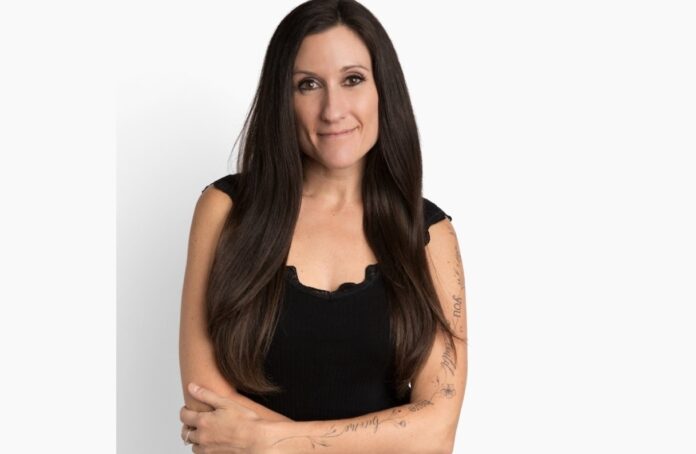Mary Grothe, CEO of House of Revenue, is passionate about scaling businesses. She began her company in 2017 after a long, successful sales career. Today the company provides expert advisory services to businesses in the form of fractional revenue growth teams consisting of CROs (Chief Revenue Officers) on a temporary basis. The businesses with which House of Revenue typically works are second-stage companies, with revenues upward of $3 million, that have reached a revenue plateau and want to scale this revenue efficiently.
As her website notes, “House of Revenue begins with a 40-day, $40,000 contract, with the ability to enter a 12-month contract if both parties agree that your company has a viable path to scale revenue and that we want to work together. We allocate the first 40 days for auditing and developing robust go-to-market strategies, followed by a 12-month revenue project plan focused on building those initiatives and driving them to fruition.”
I wanted to talk at length with Mary because I’ve observed that CROs — a relatively new category of business leaders — often run into headwinds when they attempt to chart a course for the business with which other executives — particularly CMOs — may not agree with. Additionally, the role and responsibility of the CRO isn’t always well-defined, leading to confusion and conflict.
Mary notes that she defines the role of the CRO very tightly. “I am passionate about the real definition of a CRO. A CRO is not a glorified sales leader, and that is how the title has been used in many companies… If you want a sales leader, make them a CSO — a Chief Sales Officer. But they’re not a Chief Revenue Officer. Give them a C-level title; that’s fine. But call them what they are. A Chief Revenue Officer means “revenue.” And revenue comes from more than just sales… (A CRO) should absolutely be in charge of everything, with go-to-market strategy, they should also understand brand strategy, maketing, sales, customer success, and revenue operations, and that’s one of the bigger pieces. What’s a CRO to do if all they have is this big strategic vision but they can’t take that information and disseminate it and turn it into a tactical execution plan?”
Ideally, CROs and CMOs should be partners and team players not rivals for contested organizational territory. And if they disagree, the disagreement should be handled in a civil manner and all decisions should be based on data, not ego. “Opinons are valuable but data is priceless,” Mary observes. “I think people can argue over opinions especially if they feel that it’s rooted in arrogance or personal agenda or a competitive nature. But when it’s really rooted in something that can move the needle, and it’s very genuine in accomplishing a goal, I don’t know how people can disagree with that.”
Mary is adamant that holistically-minded CROs should be granted the freedom to make changes necessary for business success without interference from others in the C-Suite, and I completely agree with her. In the remainder of our interview, we discuss mistakes that businesses make with respect to handling leads and factoring in opportunity costs. We also discuss the negative consequences of taking on troublesome clients, not because they’re a good fit, but out of concerns arising from the sales pipeline, and Mary’s expectations for 2023.


